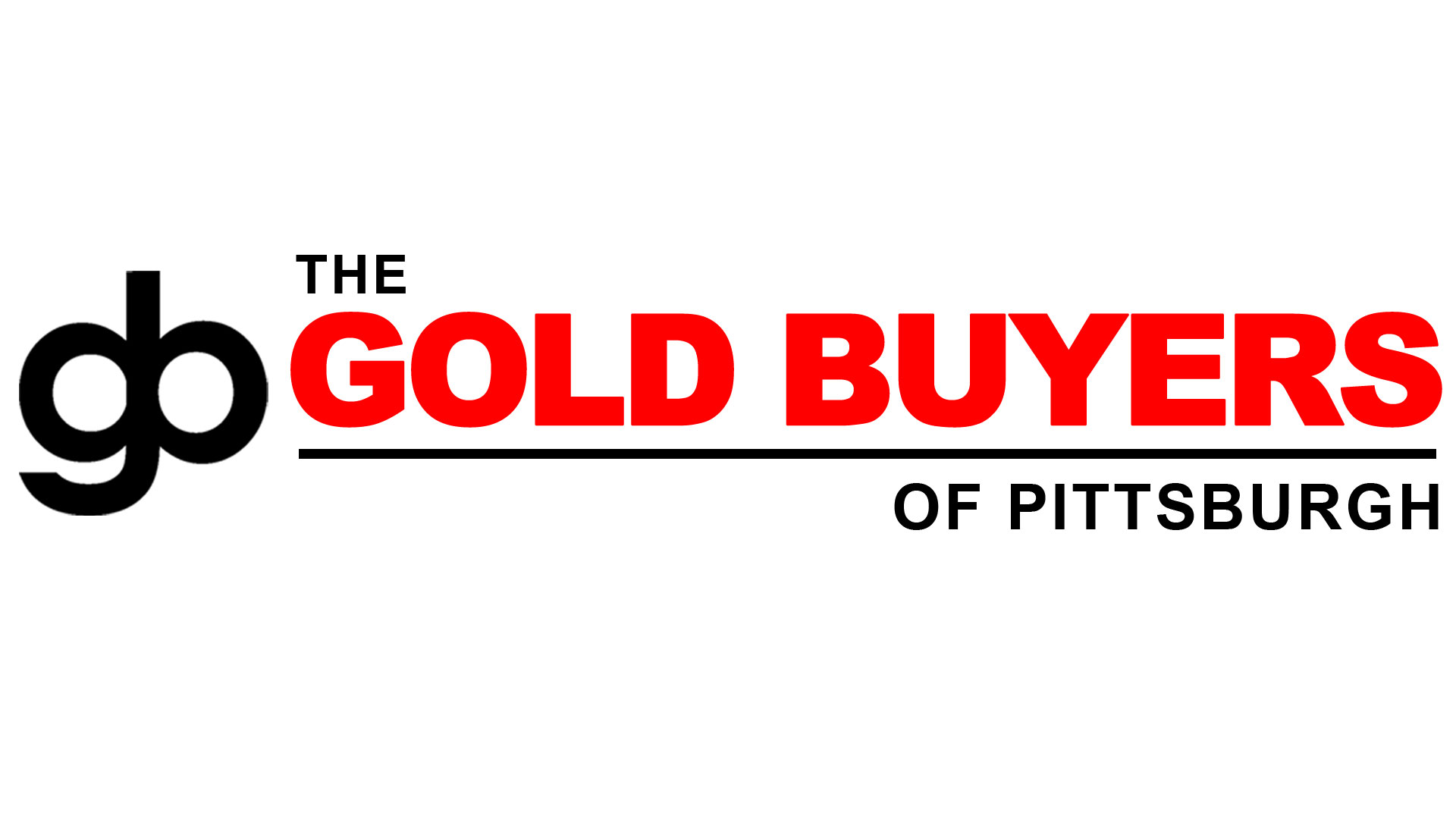Navigating the Complexities of Selling Precious Metal to Purchasers in a Challenging Market
Selling gold can be a rewarding experience, but it also comes with its own set of challenges. In a competitive market, grasping how to navigate the selling process is crucial for getting the optimal price for your gold. Whether you are selling jewelry, coins, or bullion, knowing the appropriate steps to take can help you enhance your returns. This article will explore the key factors to consider when transacting gold, including market trends, appraisal, and locating the suitable clients.One of the first aspects to evaluate when selling precious metals is the present industry trends. Precious metals valuations vary based on multiple elements, including economic conditions, inflation rates, and international demand. Staying an watch on these trends can help sellers determine the optimal time to sell. For example, if the price of precious metals is high, it may be a favorable opportunity to sell. On the other hand, if prices are diminished, it might be wise to hold off until they increase. Researching market trends can provide insightful information and help vendors make informed choices.
Appraisal is another important factor of selling gold. Before putting gold on the market, it is vital to understand its worth. This entails comprehending the purity of the precious metals, which is measured in karats, and the mass of the item. Sellers should think about obtaining their gold valued by a professional to ensure they have an exact valuation. An appraisal can provide a definitive understanding of the gold's current value, which can help in discussions with potential buyers. Understanding the worth of the gold can also stop sellers from accepting bids that are too diminished.
Locating the right clients is crucial in a fierce market. There are various options available for transacting gold, including pawn brokers, digital marketplaces, and dedicated precious metals clients. Each choice has its advantages and cons. For instance, pawn shops may provide immediate cash but often at diminished valuations, while online marketplaces can provide entry to a broader clientele but may require more work to list and transact the assets. It is crucial for vendors to investigate potential clients and choose the one that aligns with their selling objectives. Establishing relationships with trustworthy buyers can also lead to better offers and a smoother transacting process.
When transacting gold, it is also crucial to be aware of the regulatory and moral considerations involved. Sellers should make sure that they are complying with local laws regarding the sale of gold. Additionally, being transparent about the state and history of the assets can foster confidence with buyers. Responsible selling practices not only safeguard the seller but also add to a favorable standing in the market. This can lead to navigate to this site recurring business and recommendations, which are valuable in a fierce environment.
In summary, selling precious metals in a competitive market demands careful preparation and evaluation. By staying informed about market trends, comprehending the valuation of gold, finding the appropriate buyers, and complying to regulatory and moral guidelines, sellers can maneuver the complexities of the gold industry successfully. With the appropriate approach, transacting gold can be a profitable venture that fulfills the seller's financial requirements.
